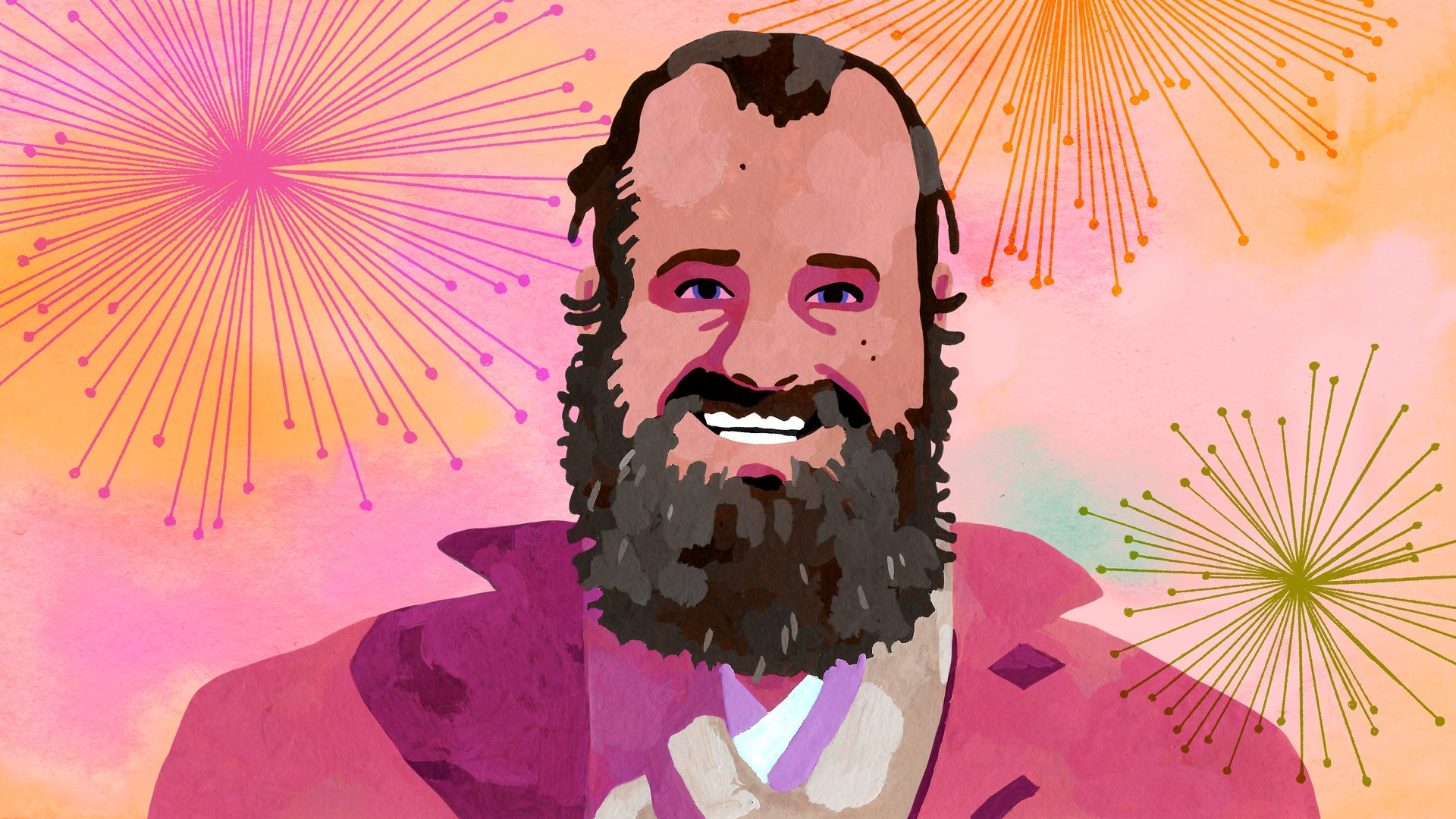This climate tech startup is reducing emissions—by feeding seaweed to cattle
Livestock produce a lot of planet-warming methane. Sea Forest's Sam Elsom thinks adding adding algae to their diets can change that.

When it comes to the greenhouse gases driving up global temperatures, carbon dioxide often dominates our attention. But there’s a stealthier threat trapping heat in Earth’s atmosphere—methane, which is 80 times more potent than carbon dioxide in the short-term, and the culprit behind at least a quarter of human-driven heat. And much of it comes from livestock farming, with cows and sheep accounting for about 30% of methane emissions.
Australia-based climate company Sea Forest has an unconventional approach to lessening those emissions: Seaweed. Introducing its algae-based supplement, SeaFeed, to a herd’s diet can drop its methane emissions by as much as 90%.
Sea Forest produces its feed from a species of red macroalgae called asparagopsis, which “disrupts enzymes in the stomach of animals during the final stages of digestion to stop the formation of methane,” says co-founder and CEO Sam Elsom. The more seaweed supplement animals consume, the more significant the reduction.
For his part, Elsom is an unlikely seaweed scientist. Before founding Sea Forest, he worked as a fashion designer. But after becoming interested in global decarbonization, he landed on the burgeoning research around algae’s ability to capture and curb emissions.
When Elsom and collaborators began examining seaweed farming five years ago, he says, an industry there really wasn’t much of a seaweed industry yet in place around Australia. “Everything we’ve established [with] our cultivation methods and facilities, we’ve had to establish from scratch,” he says. That work now accounts for a sprawling 1,800 hectares of land and marine space, along with three seasons of seaweed farming behind them.
The Sea Forest team reaches deep below the ocean’s surface in three-day intervals, emerging with ropes of red seaweed to process it into a variety of products. Sea Forest currently counts a liquid supplement that can be mixed into regular livestock feed by farmers, pellets to directly feed animals, and salt blocks that they can put out into paddocks for grass-fed animals among its products; others, like slow-release formulas, are also in the works.
“We’ve been on a very rapid and steep innovation curve as a business,” Elsom says. Besides developing a range of products, Sea Forest is contending with ways to sustain their shelf life. But Sea Forest’s primary challenge, he adds, isn’t its ability to grow enough seaweed for its feeds—it’s getting the livestock industry to try them. The company is forging a range of industry partnerships, including ones with beef producers, dairy companies, and wool growers, aimed at producing low-emission products.
“We have achieved phenomenal progress, it’s really quite amazing,” says Elsom. “We have an enormous job to do, and every single industry has to do their part.”
This story is part of Quartz’s Innovators List 2023, a series that spotlights the people deploying bold technologies and reimagining the way we do business for good across the globe. Find the full list here.